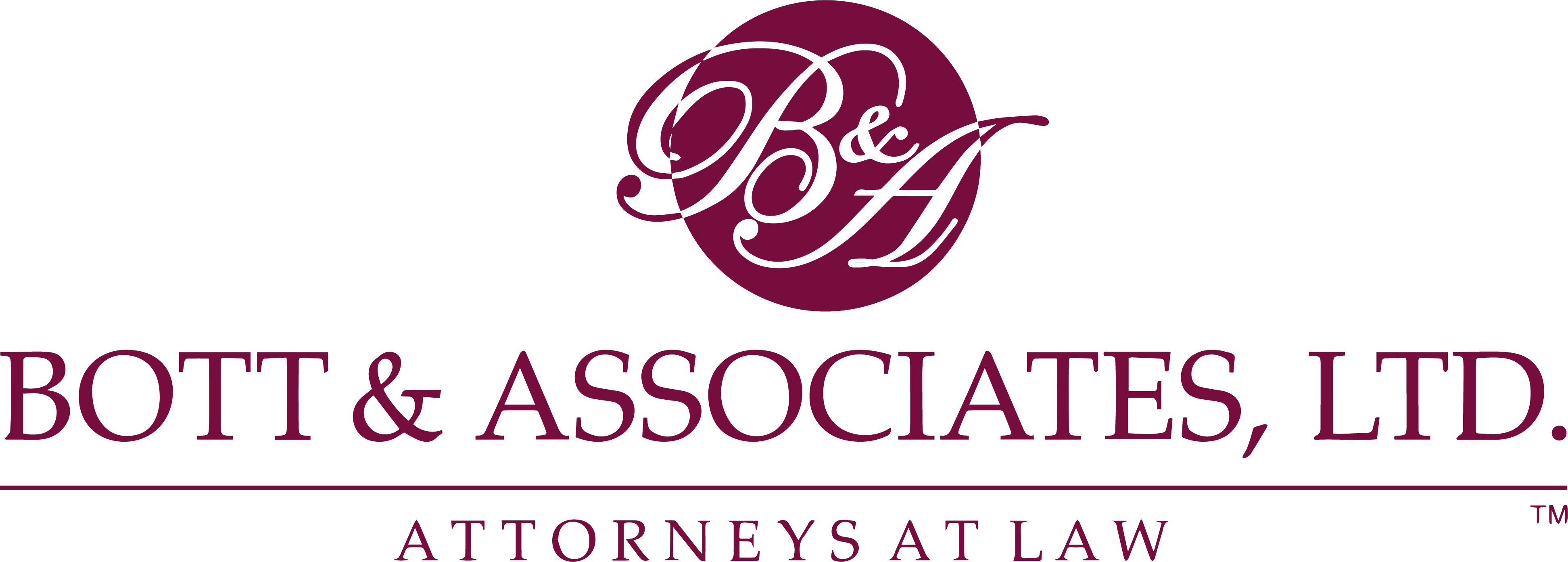Before you can create an estate plan, you need to answer the following questions:
- What makes up my estate? Your estate consists of all the assets you possess at the time of your death, including:
- Securities
- Real estate
- Interest in a business
- Personal property
- Cash
- Retirement plans and IRAs
- Life insurance death benefits
- What’s the difference between a will and a trust?
- Wills become effective after death. Trusts are effective on creation.
- Wills direct who gets what and appoint a legal representative to oversee the process. Trusts can distribute property prior to death.
- Trusts cover only property placed in trusts. Wills cover anything solely owned by the person creating the will.
- Wills are public record. A trust remains private.
- What is power of attorney, and should I worry about it?
- Power of attorney grants legal rights to another person. That person makes decisions when you are unable to — including about financial affairs.
- By appointing power of attorney, you choose whom you want, rather than the courts deciding.
- Do I need to create a medical directive?
- A medical directive can include power of attorney, a health care proxy and medical instructions. It can save a great deal of emotional trauma in the future.
- When should I make updates to my estate plan? When life events occur — they include:
- Marriage
- Having children or adopting children
- Divorce
- Death of a spouse
- Change in assets
- Relocation
- Change in status of a guardian, trustee or executor
- Changes in tax laws
- How do I prevent my family from contesting my will?
- Ensure your will is properly executed.
- Explain your decisions to your family while you’re still alive.
- If I have a living trust, do I still need a will?
- You may still need a will to capture any assets not transferred to your trust account.
- A pour-over will transfer assets to your trust.
- When you establish a living trust, you need to remember to transfer your assets to the trust.
- Assets not transferred without beneficiary designations or that aren’t jointly titled with another individual may still be subject to probate.
- What is probate? It’s a process that includes:
- Validation of wills
- Payment to creditors
- Distribution of assets to heirs according to terms of the will
- A third-party mediator to settle disputes
- Is probate a concern only for large estates?
- Although there may be exceptions and workarounds, most estates left with a will require probate at death.
- Probate is also usually necessary when an individual dies without a will.
- Some states have adopted simplified procedures reducing the cost and time delays for small estates.
Of course, this is not the whole story! There are other questions, and all of them will likely require more detailed answers. But if you get started with these, you’ll have a more profitable discussion with the attorneys and accountants involved in settling the estate. At the end of the day, an estate plan preserves your assets’ value while reducing unnecessary taxes and expenses. It ensures that your heirs receive what you intend them to receive, especially those with disabilities or who may be incapacitated. The more you know, the better you’ll be able to achieve this, and when you’re ready to work on your estate plan, contact Bott & Associates, Ltd. today!

